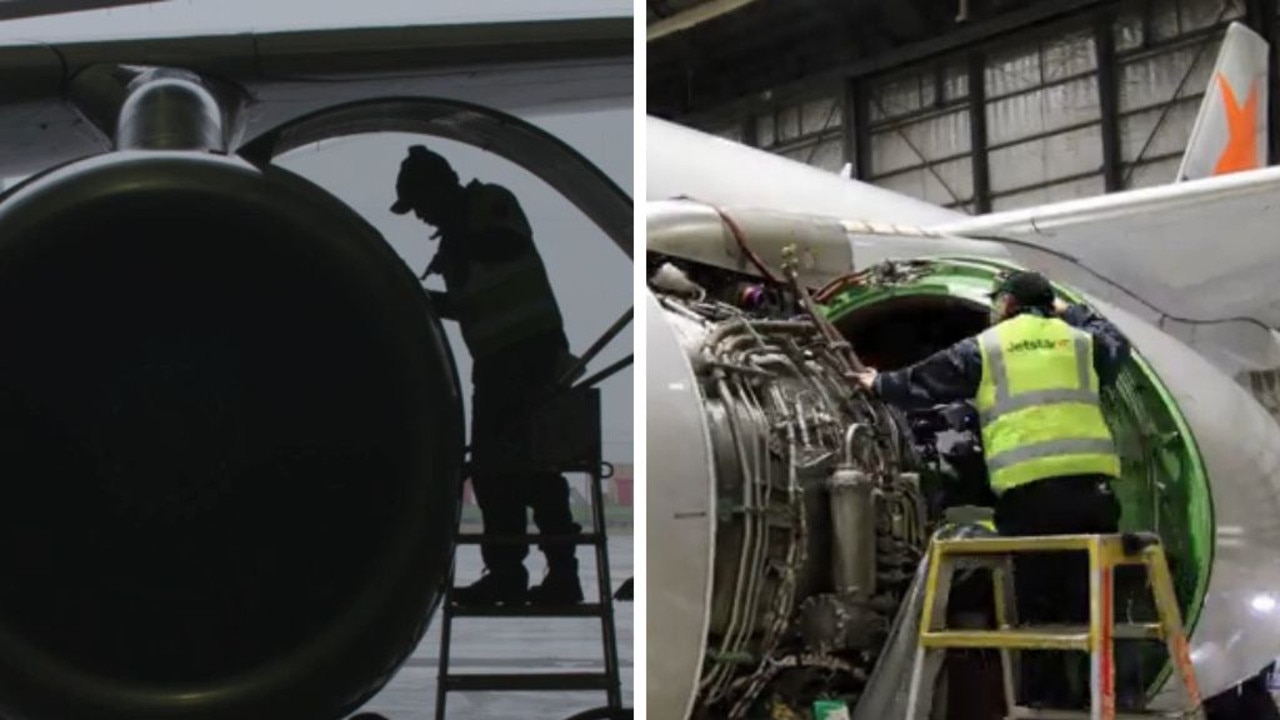Worried about terrorism during travel? Here’s some expert advice
RECENT attacks at airports are making travellers jittery ahead of European summer holidays. Here’s how you can stay safer.
THIS week’s terrorist attack at Istanbul’s main airport may make many travellers jittery as they prepare for a European summer getaway. And who can blame them, following attacks in Paris, at the Brussels airport and elsewhere around the world?
DFAT is advising Aussie travellers to exercise a high degree of caution in Turkey, and to reconsider their need to travel to Ankara, Istanbul and some provinces.
Nevertheless, travel experts advise holiday-makers not to lose sleep over highly-publicised tragedies and to look at the larger, statistical picture.
Be more concerned, they say, with more-common holiday hazards, like failing to put on an extra coat of sunscreen to avoid skin cancer.
“My advice is to stay calm and play the odds,” says George Hobica, founder of airfarewatchdog.com.

“The odds of becoming a victim of terrorism while travelling abroad are less than being injured or killed at home, by any number of possible hazards: driving a car, smoking, a non-terrorist gunshot or being swept away by a tornado.”
But don’t ignore the threat of terrorism either. Take practical precautions, such as avoiding large protests or crowds that might lead to violence or be a target.
And be sure to check DFAT’s smart traveller website for recent updates.
Travel expert Wendy Perrin offers a number of tips on her website wendyperrin.com to stay safe overseas.
“Clearly, we’re living in a world where an attack can happen anywhere at any time. The answer is not to stop travelling abroad out of a misperception that your risk is greater overseas than it is at home,” Perrin said.

“The answer, actually, is to experience more of the world — to make friends in other countries and to be a responsible ambassador for yours.”
Planning for a safe trip starts long before departure. For instance, Perrin suggests booking hotels that have CNN, BBC, and Al-Jazeera and reliable internet so travellers can get news in the mornings and evenings.
And when arriving at the hotel, grab its business card — the one written in the local language — and carry it at all times. If there is an emergency, the card can be shown to non-English speakers, such as taxi drivers, who can help you get back to the hotel.
Program emergency numbers such as the police, the hotel and medical facilities into the mobile phones of everyone in your party.
Finally, make practical decisions such as staying away from bad neighbourhoods, especially a night.
“We’re more scared,” Perrin said, “of risks that are new and unfamiliar than of those we’ve grown acclimatised to over time, such as heart disease or skin cancer.”



